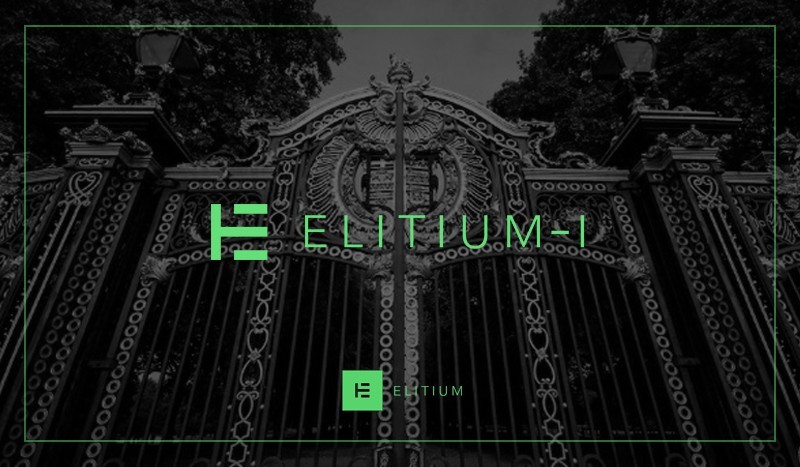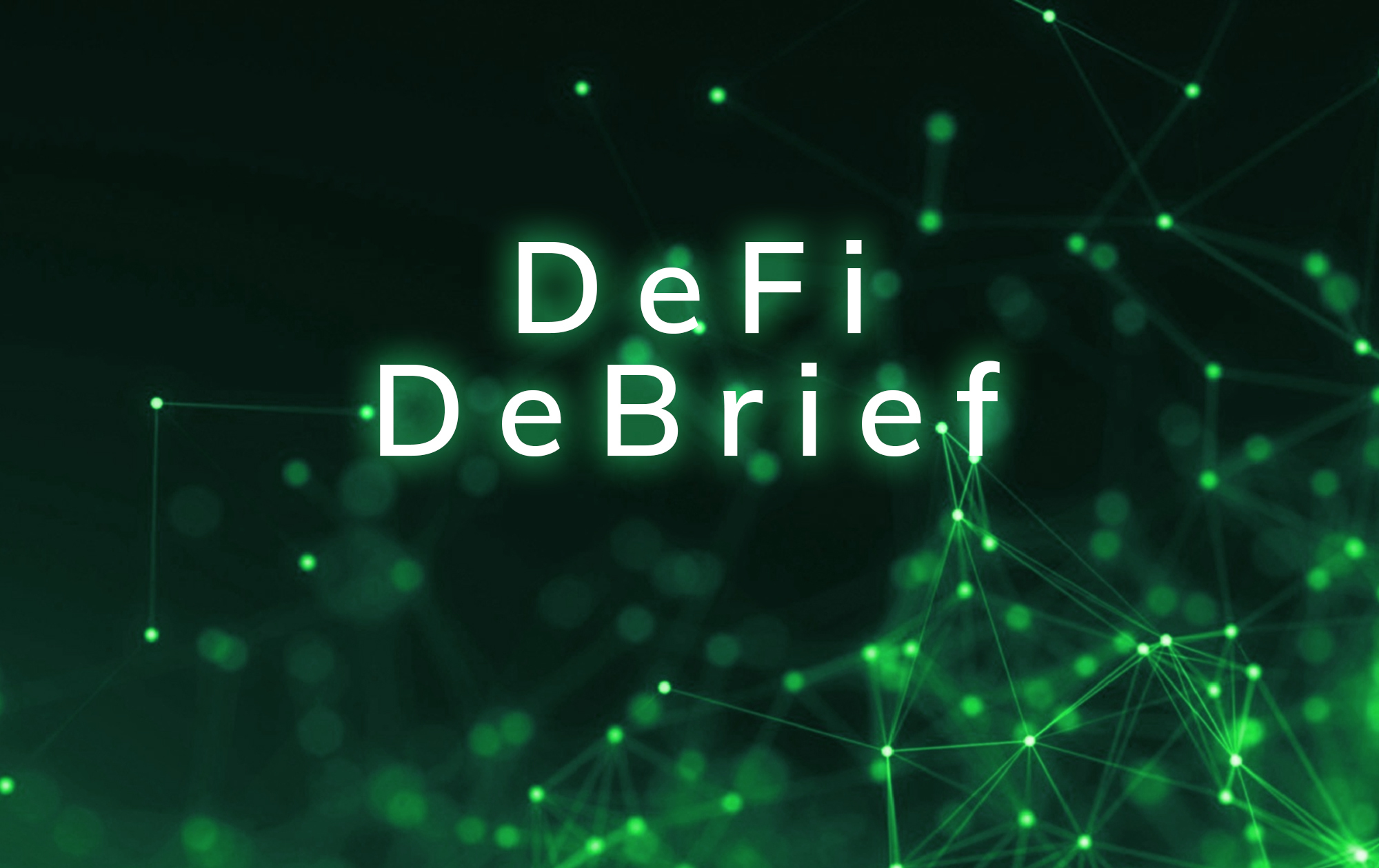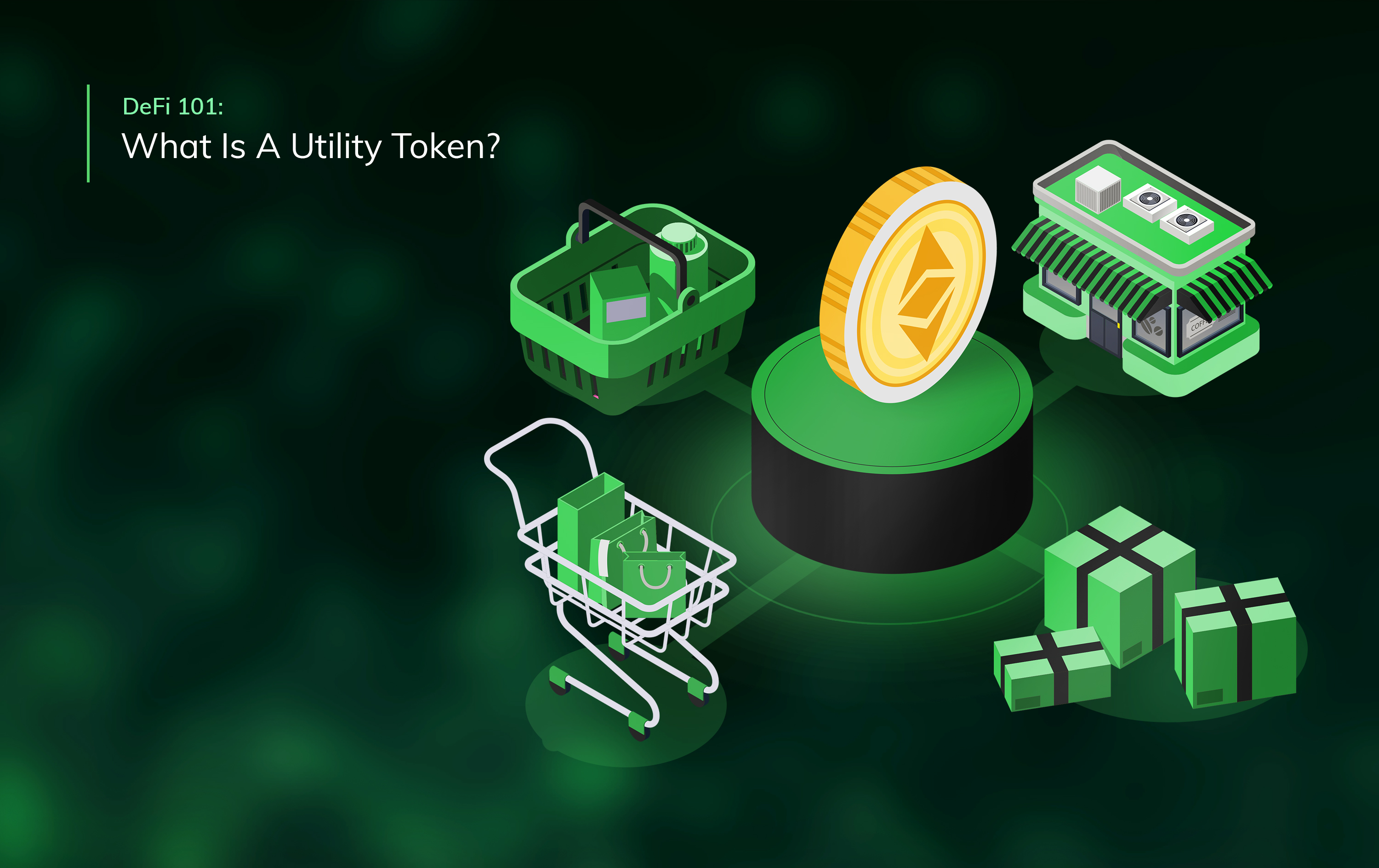Elitium-i: The World’s First Tokenized Insurance
Even in a decentralized world, trust remains an issue. Phishing attacks, malicious transactions, and hacks continue to undermine blockchain technology. In the first six months of 2018 alone, cybercriminals stole US $731m worth of cryptocurrency. Often, leaving users with little recourse for action.
For those who lose thousands, the frustration is visceral. For high-net-worth individuals whose transactions often value in the millions, one can understand the calls for better protection of funds.
The fact remains — until you have more secure solutions, cryptocurrencies will struggle for widespread adoption.
Is There Value in Traditional Insurance?
Though somewhat under the radar, it is little surprise mainstream insurers have stepped in: Allianz, XL, AIG, and Chubb have been slowly amassing premiums to cover potential losses due to the hacking of exchanges. But when charging five-times what the average business would pay, the value of such policies comes under scrutiny. Moreover, as Aon claims 50% market share, monopolistic policymakers become hard to trust.
The premise is made worse by the fact insurers offer few details as to the coverage they provide. Nor has any institution actually paid out on a claim — despite 2018 being the busiest year for crypto-hacks to date.
How to Create Trustworthy Crypto-insurance
Despite the irony, many in the crypto-sphere agree: traditional insurance is a necessary evil — for the time being, at least.
- It ‘protects’ customer funds;
- It reinforces user confidence;
- It legitimizes an industry that currently lacks credibility.
But such insurance only becomes credible if the policy covers the risk. Hilli Nissani — COO of Cryptalgo, a start-up helping institutional traders place orders — brands most crypto-insurance policies, “close to useless.” Given the number of exclusions that apply, existing policies offer little protection; they certainly don’t cover the total funds of the policyholder.
So, Cryptalgo is exploring self-insurance — a pursuit that raises an interesting question:
Could companies leverage the blockchain to self-insure?
Elitium (EUM) — The Blockchain Platform for Luxury Living
A new entrant in crypto, Elitium aims to deliver a progressive customer experience in the luxury industry through smart contract applications underpinned by Rootstock (RSK) technology. For the first time, high-net-worth consumers will have a comprehensive lifestyle platform that offers luxury goods and services available for purchase through a secure, fast and easy-to-use payment service — hosted entirely on the blockchain.
Using its native token — EUM — Elitium can improve efficiencies, accuracy, and speed of operations to offer an unparalleled experience to those who prefer life at a faster pace. But the stumbling block remains: cryptocurrencies are still a favorite target of cybercriminals. Plus, transactions on the blockchain are irreversible; so, should a sizable transaction be subject to fraud — you could risk losing all your cryptocurrency.
Unless…
Elitium-i: The World’s First Insurance Token
As cryptocurrencies are digital tokens without the backing of a government, physical commodity, or any tangible asset, victims of a malicious attack have little legal recourse; while standard insurance policies appear to offer negligible protection.
Yet, user security is paramount to the adoption of cryptocurrency in general, and EUM in particular.
So, the Elitium team has evolved a ‘self-insurance’ policy using Elitium-i (EUMI). The insurance token of EUM, EUMI protects user funds in the event of malicious activity. Participants in the Elitium Network not only benefit from the inherent security of distributed ledger technology, they have the back-up of a tokenized insurance service.
Rather than rely on the vaguely-worded policies of multiple insurance carriers, EUMI allows Elitium to reimburse lost funds in the event of fraud, a hack, or a compromised account — via a security feature that is seemingly the first of its kind.
***
EUMI Offers the Ultimate Crypto-Security
EUMI is the cornerstone of the Elitium Network. It combines the best of blockchain with the best of standard payment solutions like PayPal and Visa, protecting the funds of high-net-worth individuals — at zero cost to the consumer. The process is transparent, claims are easy to file, and the network becomes more secure.
- User finds suspicious activity on their account, or suspects a hack;
- User notifies Elitium’s Fraud Team — the department specialized in fraud detection;
- The Fraud Team requests specific evidence via a form to kick off the ‘fund recovery’ process;
- Following an investigation, if the Fraud Team decides there is adequate evidence, the Elitium Network reimburses the user’s account in EUMI equivalent in value to the lost EUM;
- In all approved cases, Elitium notifies the relevant legal authorities to allow a criminal inquiry.
In essence, EUMI tokens are duplicate EUM; the difference being EUMI are not available for trading on a public exchange. They allow Elitium to guarantee the funds within its network, ensuring users can still make the luxury purchases they desire, even in the event of malicious activity. Brand partners who receive EUMI, on the other hand, can convert funds into Fiat currency through the Elitium Network.
This is truly the first token, if not concept, of its kind: a self-insurance solution, uniquely enabled by blockchain technology.




